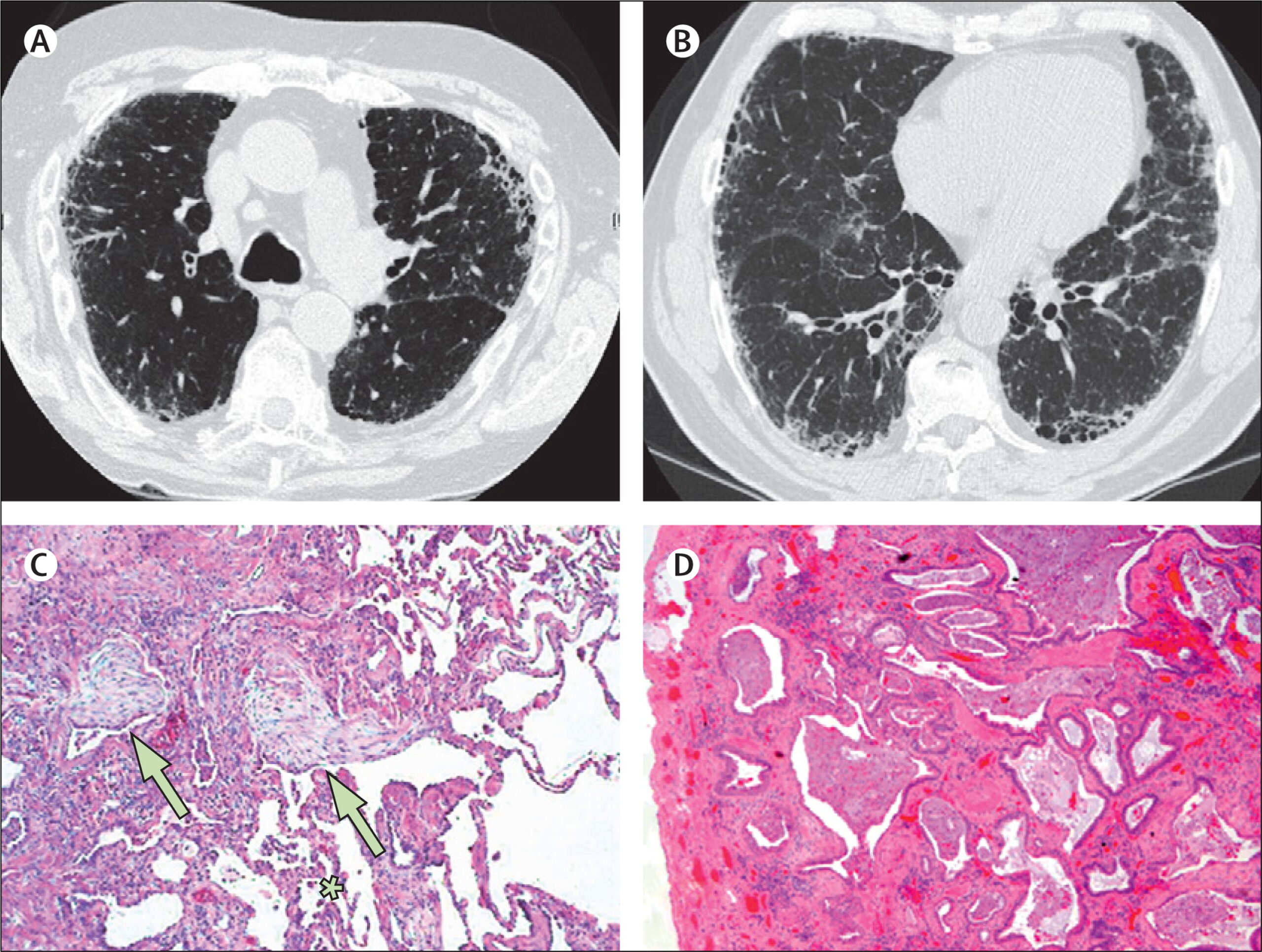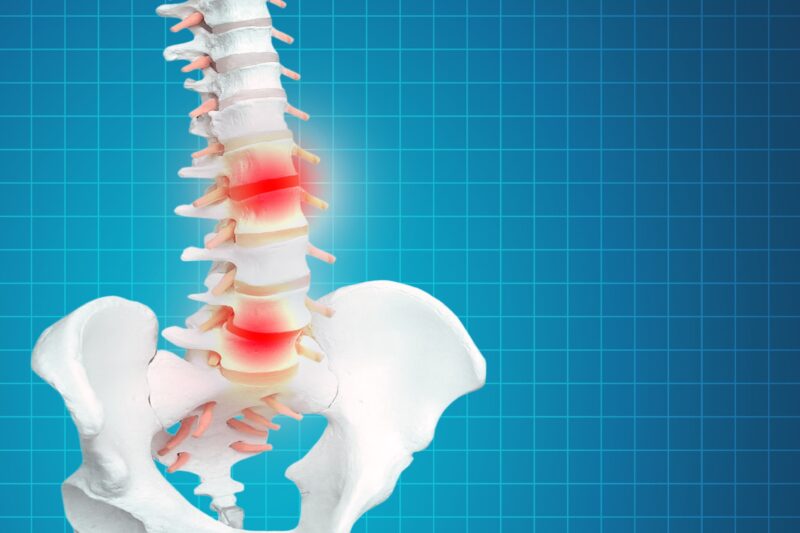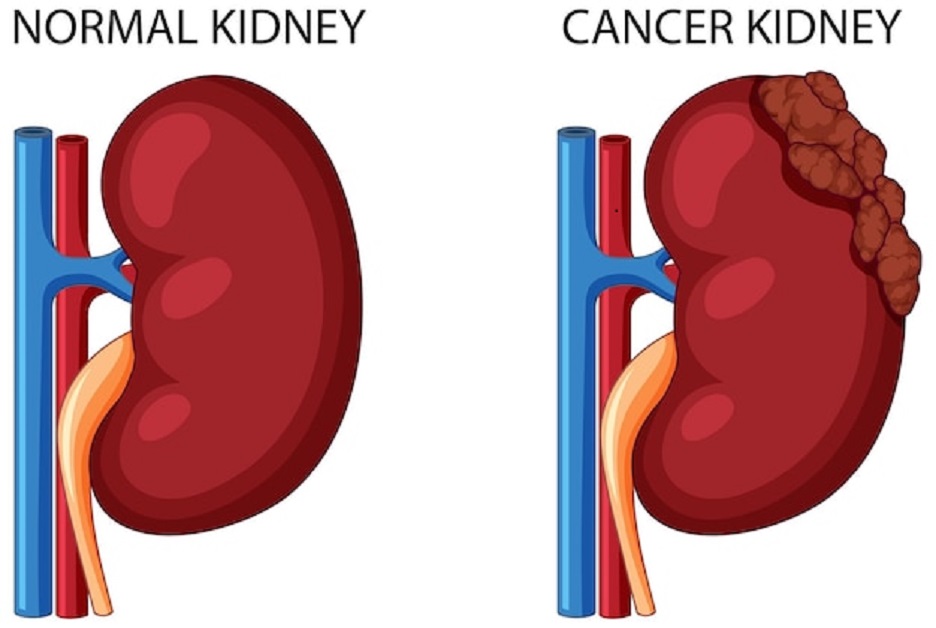In the United States, approximately 30,000 to 40,000 cases of idiopathic pulmonary fibrosis are diagnosed each year. This chronic and progressive lung disease can be hard to diagnose and can lead to needing supplemental oxygen therapy. Now, the advent of regenerative medicine might pose new treatment options.
What Is Idiopathic Pulmonary Fibrosis?
IPF is a lung condition that causes fibrosis (scar tissue) to build up in the lungs, reducing their ability to transport oxygen into the bloodstream. It is a disease that typically affects people between the ages of 50 and 70.
Signs of IPF include:
- Weight loss
- Extreme fatigue
- Loss of appetite
- Shortness of breath
- Persistent dry cough
- Clubbing of fingertips
- Aching muscles and joints
The exact cause of IPF is not clear, but there are some risk factors associated with the disease, including:
- Smoking
- Viral infections
- Exposure to silica
- Exposure to asbestos
- Breathing in animal droppings
- Gastroesophageal reflux disease
IPF is more common in men than in women, and there may be genetic factors that impact whether you develop it. For example, as many as 30% of those with IPF have a family member with a similar lung disease.
Because it shares symptoms with many other respiratory illnesses, it is difficult to diagnose IPF early.
The most common complication that IPF can cause is hypoxemia (low blood oxygen level), which requires the use of supplemental oxygen. Although there is no cure for IPF, there are treatments available.
What Regenerative Medicine Offers
Regenerative medicine, also known as stem cell therapy, has the ability to repair and regenerate tissues damaged by disease, congenital issues, or trauma. One of the ways it can do this is by using mesenchymal stem cells (MSCs).
Stem cells are the cells from which all other cells in the body are created. They can develop into many types of cells, and they can divide and renew themselves over a long time.
For the treatment of IPF, multipotent mesenchymal stem cells can help repair damaged lung epithelium and alveoli as well as reduce inflammation and slow down the progression of the illness.
Mesenchymal stem cells are sourced from adipose, bone marrow, or umbilical cord tissues. These cells can find the damaged areas in the lungs and help the body bypass the scarring IPF causes by regenerating new tissue and blood vessels.
Mesenchymal stem cells can also improve host immunity and can have antifibrotic effects that help reduce scarring in the lungs.
New and Promising Treatments
Regenerative medicine harnesses the power of stem cells to help with many conditions, including idiopathic pulmonary fibrosis. Stem cells can allow the body to heal itself by constructing new tissue and helping to break down scarring. With the latest treatments available, getting help for IPF doesn’t have to be an impossibility.
This post was written by a medical professional at Stemedix Inc. At Stemedix we provide access to Regenerative Medicine. Regenerative medicine has the natural potential to help improve symptoms sometimes lost from the progression of many conditions. Click here to learn more.





